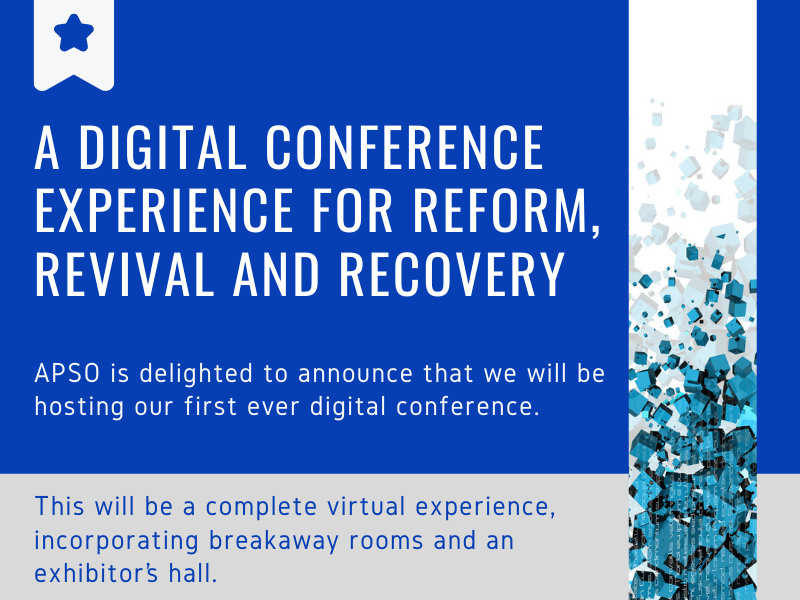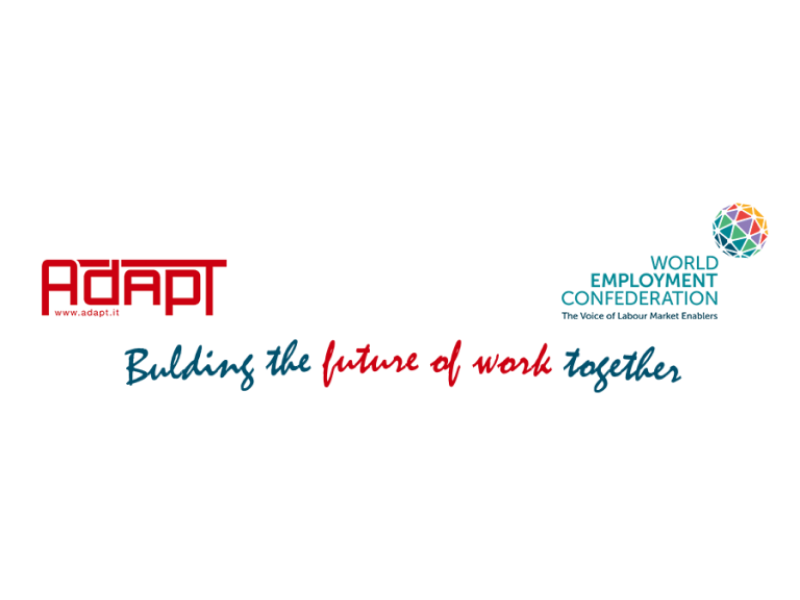
#newnormal #verify #employwithcaution #safetyisapriority #beintheknow
The fact is that Covid-19 has hit most of us square in the face, creating numerous challenges for our economy and society at large. Even more so in the case of parents with children under the age of 18.
Parents have to fend for their kids during these abnormal times, ensuring that education remains a priority. Quite a feat in South Africa, with schools and educational institutions being closed then opened, then closed (you get the idea). While most South Africans were confined to staying at home for the first few weeks even those fortunate enough to continue working, getting into “home schooling gear” was a massive change to adapt to across the board.
Presently, parents still remain at their wits end, without the support network of grandparents acting as caregivers, due to the risk of infection, and absence of the daily school routine, regardless that most of the country has returned to normal work activities or rather work activities under the #newnormal.
Subsequently, the employment of au pairs, bro-pairs (the male version), caregivers and home school teachers have spiked.
CHILDREN’S SAFETY COMES FIRST
The hand that rocks the cradle rules the world. A poem written by William Ross Wallace back in the 1800s and the theme of quite a disturbing movie in the 1980s.
How well do you know the person behind the CV?
Finding someone to look after your children to either act in a caregiving and supervisory capacity or take responsibility for children’s educational needs, is quite simple (if you can afford it). As a result of the Covid-19 pandemic, numerous new entrants to the childcare environment have emerged, with little discrepancies between supply and demand in terms of jobs vs candidates.
Parents may engage either with an agency or find someone themselves via social media. Employing au pairs and care givers may ensure that children are receiving adequate education and have supervision available to facilitate their academic and extramural activities. However, a significant concern is the lack of proper vetting and screening taking place. Parents should first be asking how they can secure the physical and emotional safety of their kids when left in the custody of an au pair, education professional or caretaker.
A STARTLING SURVEY
We did an informal survey to ascertain whether parents, as well as agencies, exert sufficient due diligence when acquiring the services of an au pair or caregiver.
Shockingly, very few agencies go beyond resume shortlisting, video interviewing, and perhaps a reference or two when allowing candidates to register on their database. In a similar fashion, parents will review an application and if they like what they see, have a quick discussion with the incumbent and in some instances do a reference from a previous employer is done with literally a name, surname and cell number. The majority of parents were satisfied with copies of written references, without considering the need to conduct a telephonic conversation with a previous employer.
When parents were questioned whether they have ever thought of doing criminal checks and ID verifications on the au pair, results were – ZERO!!! At least some of the agencies did ID Verifications, and a minimal number carried out a criminal check.
These results were split tested and uniformly confirmed when we had similar discussions with au pairs and caregivers to find out whether they were subjected to criminal screening. We were flabbergasted to discover that only one person recruited via an Agency had to participate in biometric screening.
KYC – KNOW YOUR CAREGIVER
Being “in the know’’ as to who takes care of your child should be a priority in the times we live in right now. Strict measures are followed in the USA where the hiring process of au pairs include criminal checks, social media screening, identify verification, psyche evaluations, competency assessments and references from previous employers. Additional checks are done to confirm that references provided are in fact from former employers.
It seems as if South African parents, are merely outsourcing the caregiving and educational function to whoever is available instead of who is morally capable.
Fortunately, in the formal education sector the “powers that be” have finally woken up to the realization our children are subjected to incredible physical, psychological, and emotional risks and that parties responsible for their wellbeing should be undergoing more stringent screening. It now mandated by SACE for teachers and other educational professionals to provide criminal clearance certificates before SACE accepts their registration.
CYBER THREATS
Temporary social distancing has proliferated the usage of eLearning functionalities, and many parents have opted for online educational solutions and will choose to do so regardless of whether schools are opening or not.
Online learning is a logical alternative for sure, but within this realm, the threat of cyber abuse is very imminent. We have to assure that the individual responsible for guidance, attention, and academic supervision on the other side of the screen, is in fact whom they say they are, with no unsavoury skeletons in the closet posing a potential risk to our children’s wellbeing.
HEARTS-EASE WITH HURU
At HURU, we are exceptionally well-positioned to assist educational professionals in the formal sector, as well as the informal sector, to get criminal checks and id verifications done.
Furthermore, we may aid employers (whether agencies or parents themselves) to conduct background screening with quick and affordable verification solutions.
Concerned about the physicality of the biometric process? There is no need to risk potential candidates coming to your home for biometric screening. We offer a complete mobile solution and will send a certified fingerprint technician to a candidate’s preferred location to conduct screening. Another alternative is to send potential candidates to a Jetline or Postnet store that participates in the Capture Partner Network that we have in place.
For Agencies we offer and in-house solution where the HURU hardware may be purchased in conjunction with our software capturing application which may be downloaded at no charge.
This is more than a business for us. Let HURU be part of the solution to ensure the safety and wellbeing of your children during and after Covid-19. Whether your children are in preschool, high school, or somewhere in between, we can help you to execute adequate oversight as to whom you are entrusting your kids to.
.........................................................................























